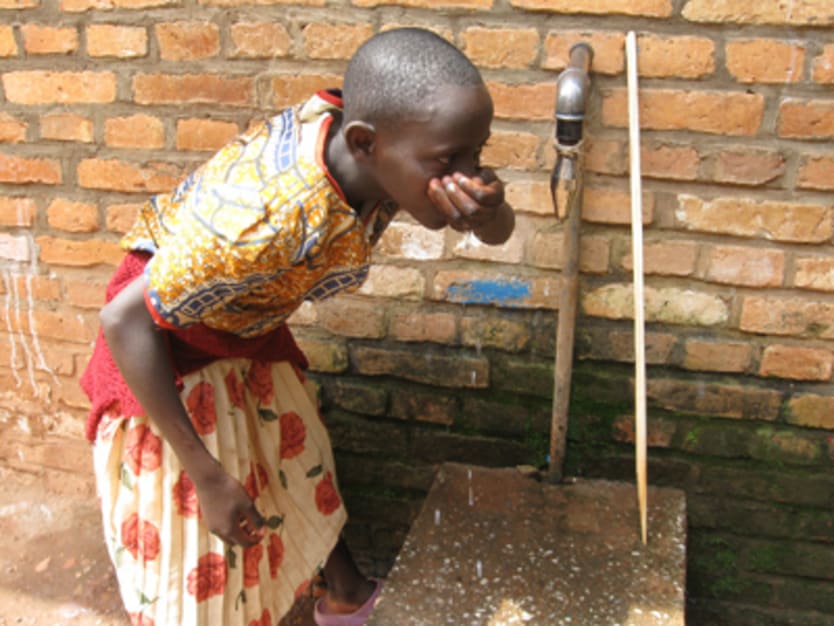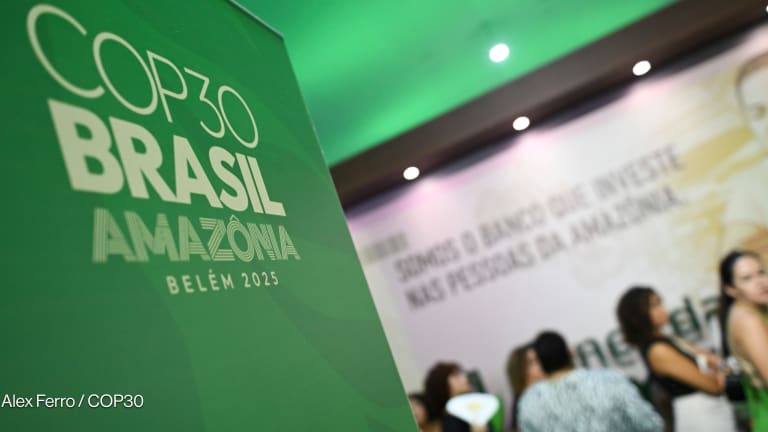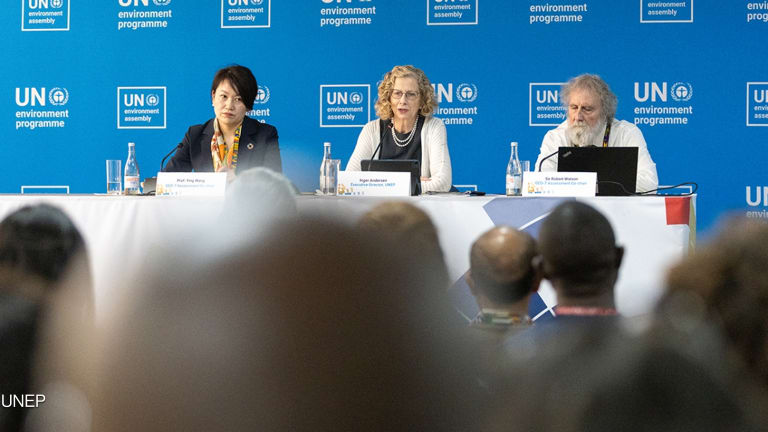
Representatives of governments and nongovernmental organizations attending the World Water Forum in Marseilles, France, will have to address the growing imbalance between the demand and supply of water around the world.
The United Nations estimates the world’s population will reach 9 billion by 2050. This means, there will be increased demand for basic necessities, such as food and water — which are now in limited supply.
The fourth U.N. World Water Development Report, which will be presented at the forum, notes that climate change and the growing need for food, energy and sanitation are putting a strain on global water supply.
These are similar to the Organization for Economic Cooperation and Development’s findings. In a separate report, the OECD indicated that rapid urbanization, climate change and the global economy are putting pressure on the water supply. It projects global water demand to rise 55 percent by 2050, placing at least 40 percent of the world’s population at risk of living in water-stressed areas.
This is alarming, given that water demand from agriculture is likely to rise 19 percent in the same year, the U.N. report says, according to AlertNet. At present, the sector is already using 70 percent of global freshwater supply.
Heightened demand for water means policymakers will have to address the challenge of ensuring the needs of farmers, energy producers and household consuemers are met. In recent years, several regions have seen their water supply dwindle owing to changes in rainfall patterns, extended droughts, melting glaciers and altered river flows.
These changes will “drastically affect” food production in South Asia and southern Africa. Water stress will be felt in central and southern Europe as well come 2070, the U.N. report says.
“The lack of interaction between the diverse communities of users, decision makers and isolated water managers has caused serious degradation of the water resource,” the report says, according to AlertNet.
The U.N. study calls on all actors to rethink current policies to manage the looming crisis. The OECD report, meanwhile, is advocating “urgent reform” of water management, and suggests using taxation, tariffs and transfers to boost water efficiency.
The World Water Forum runs March 12-17.
Read more news about development aid online, and subscribe to The Development Newswire to receive top international development headlines from the world’s leading donors, news sources and opinion leaders — emailed to you FREE every business day.








